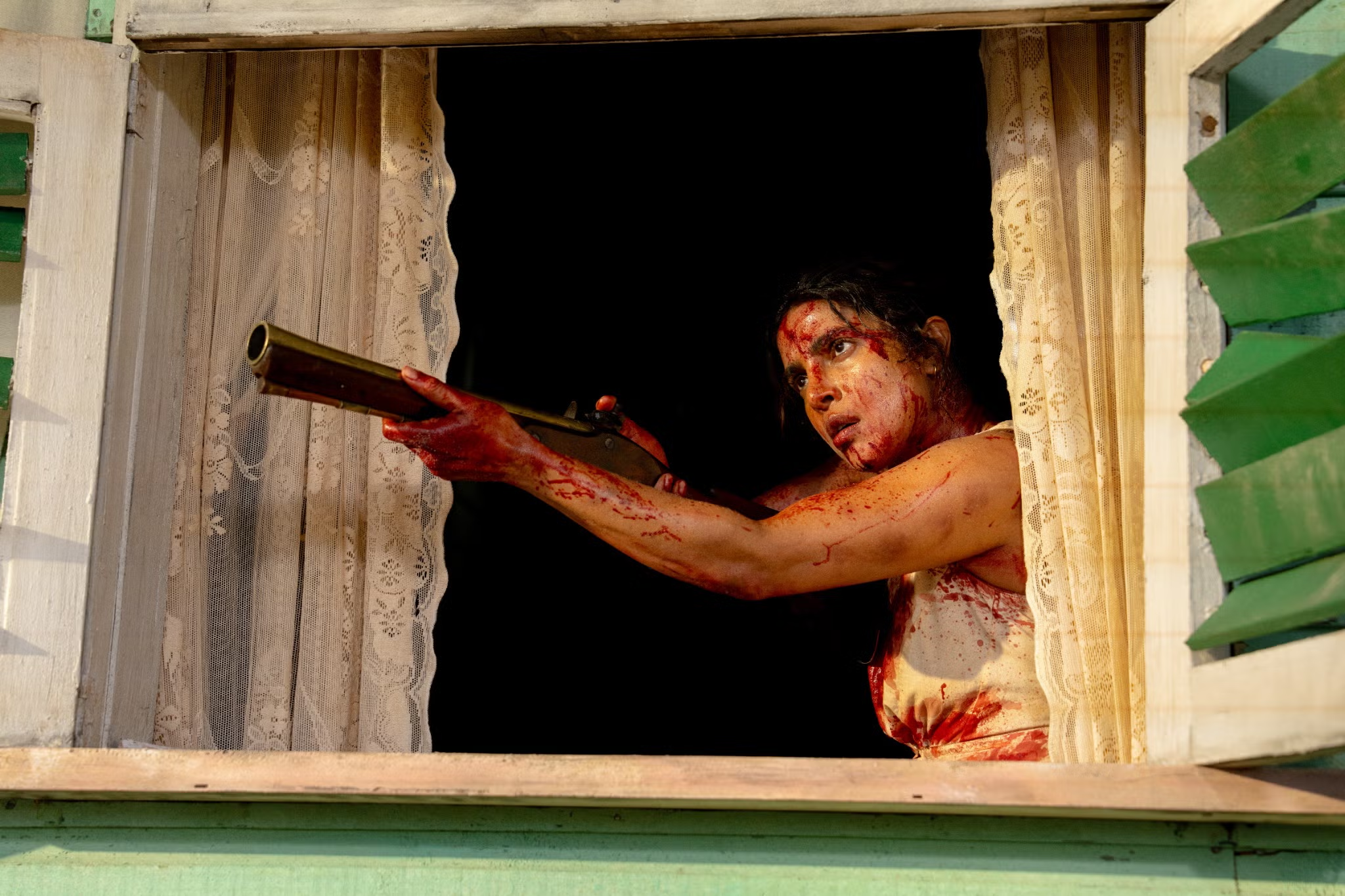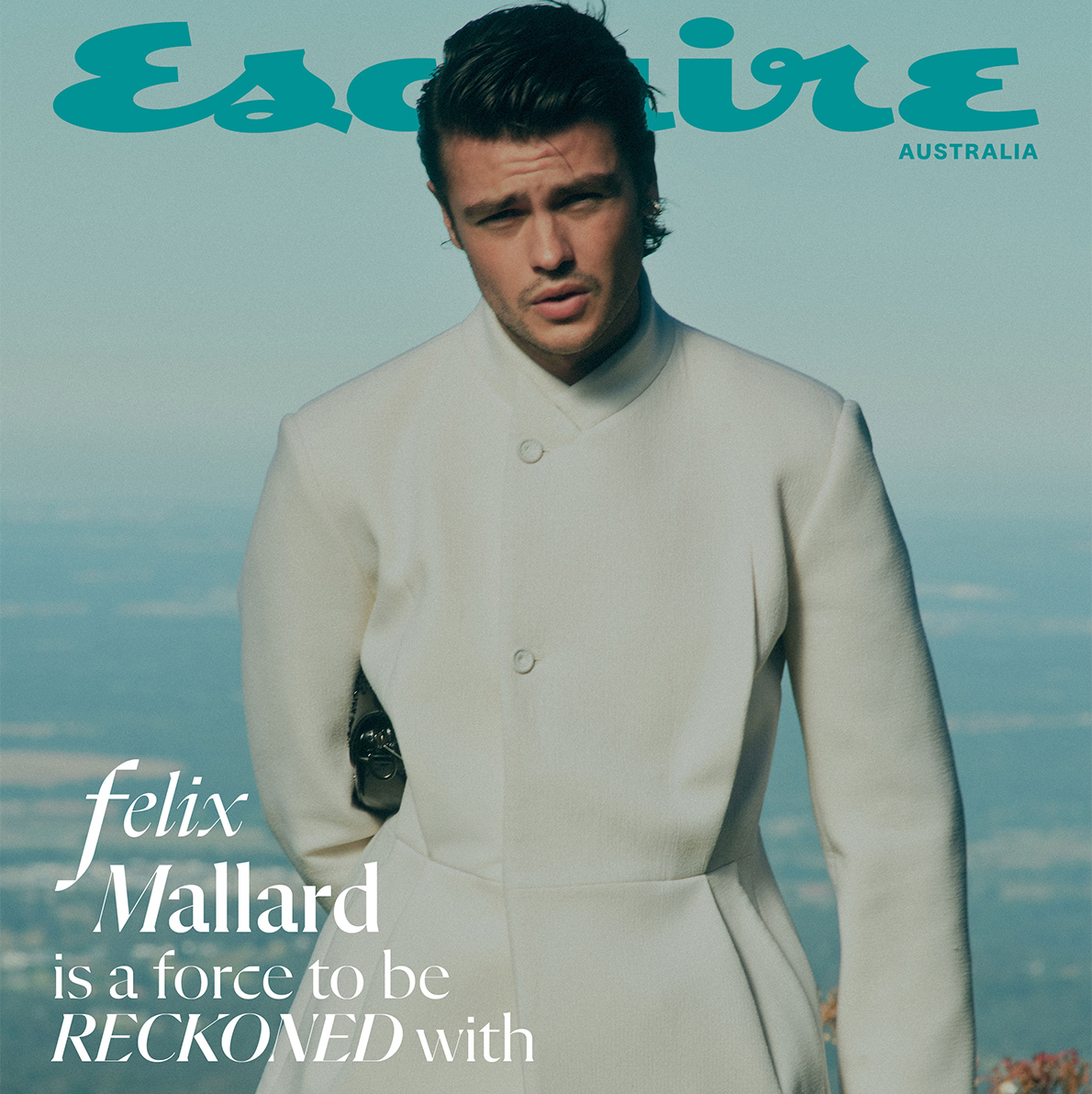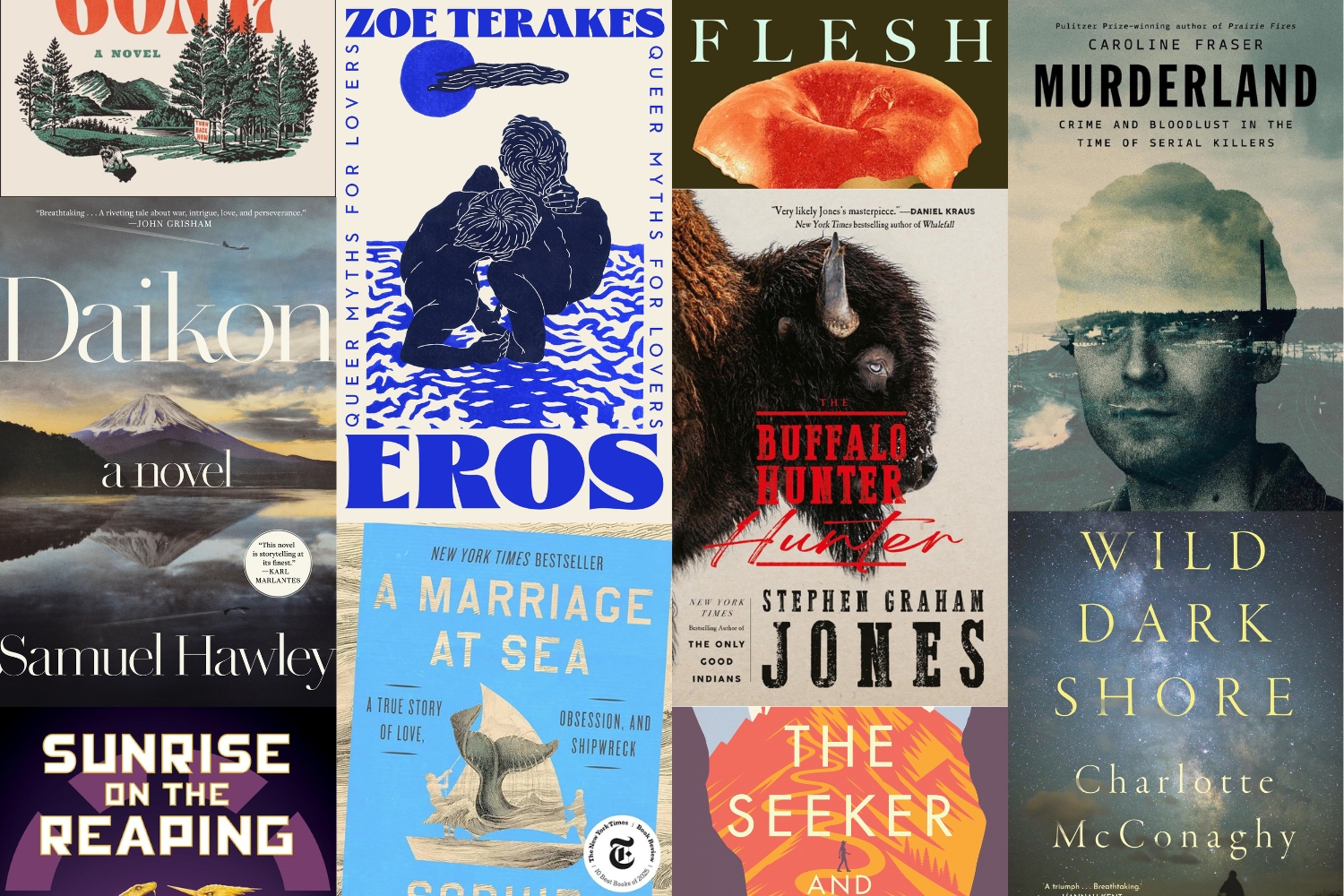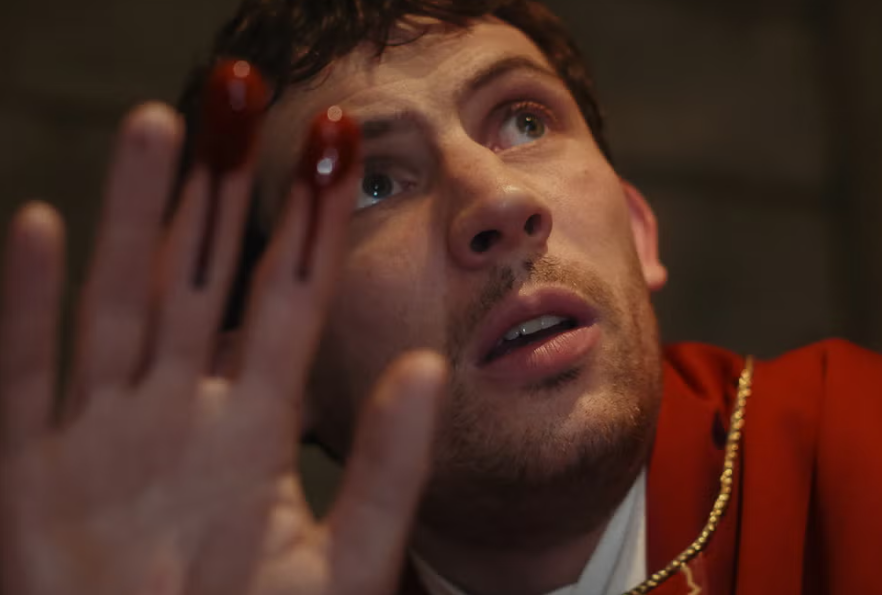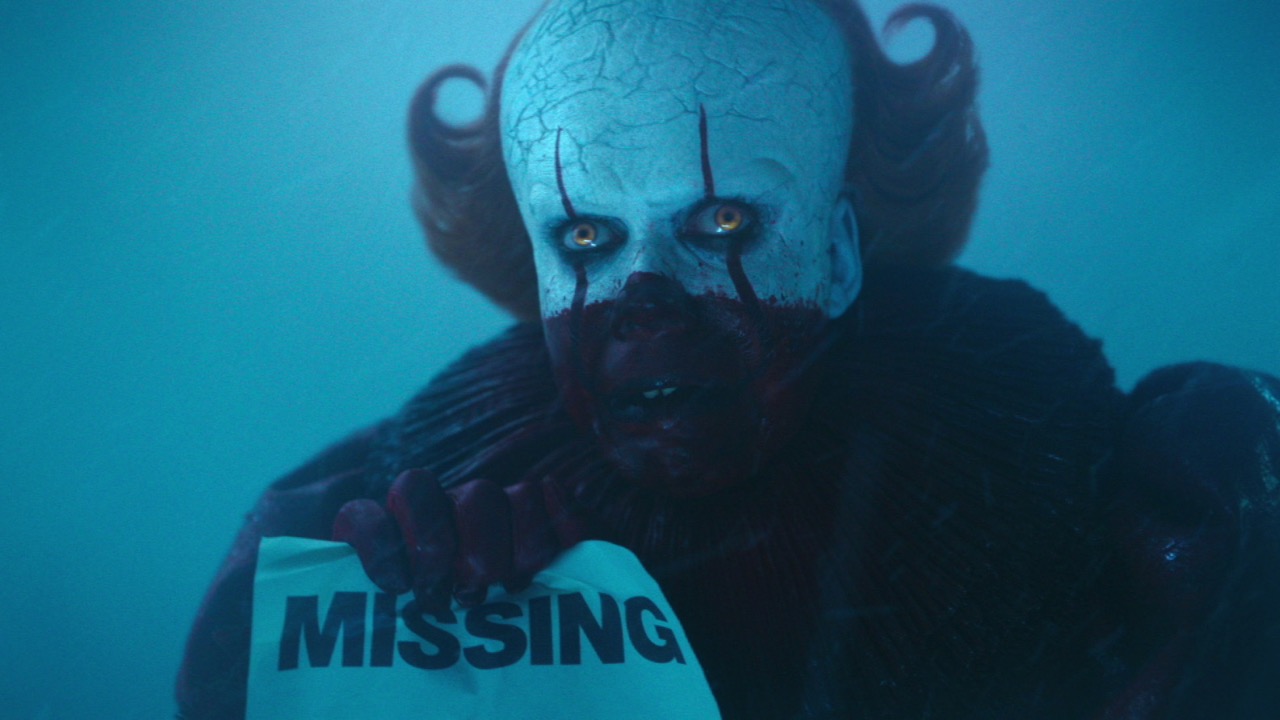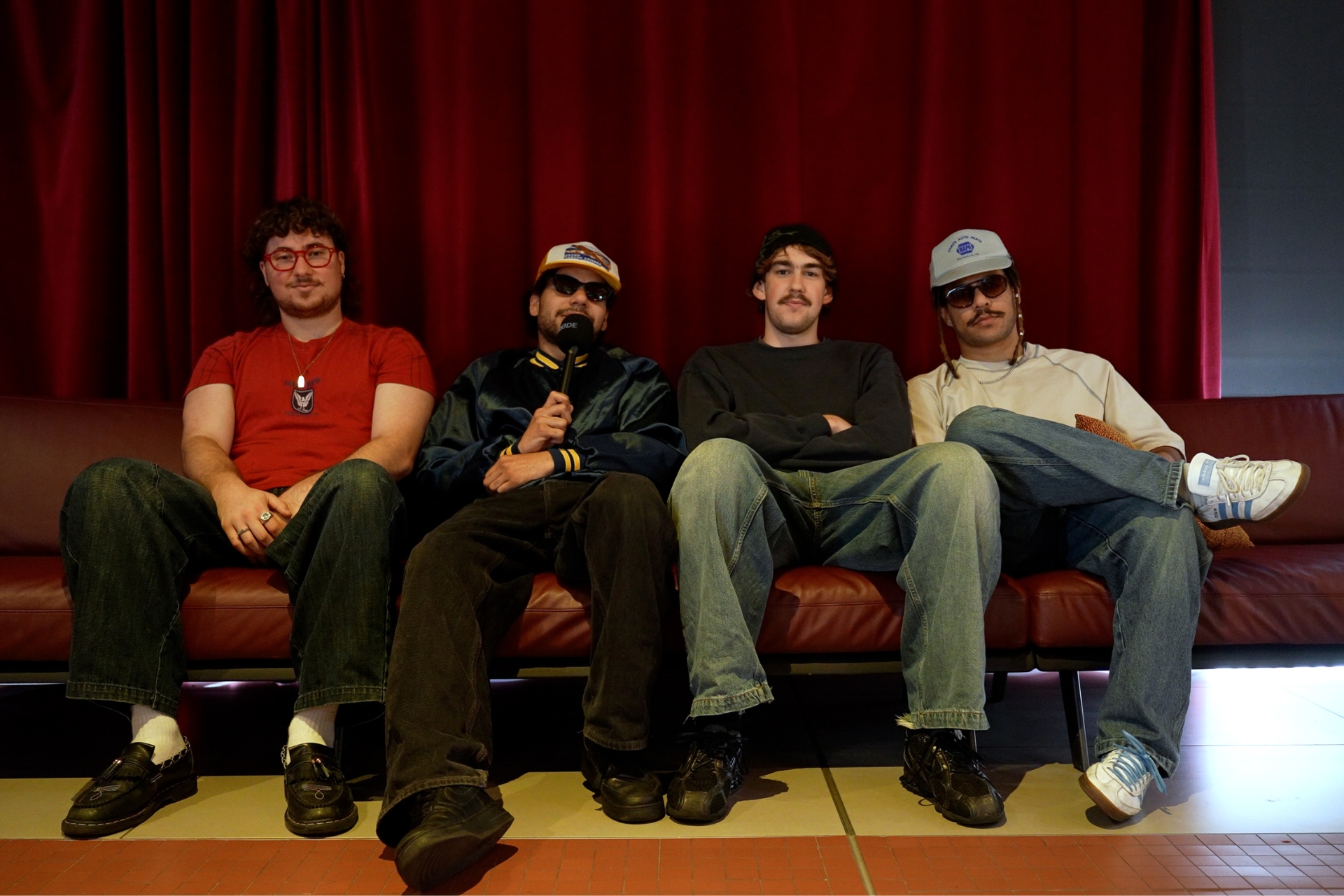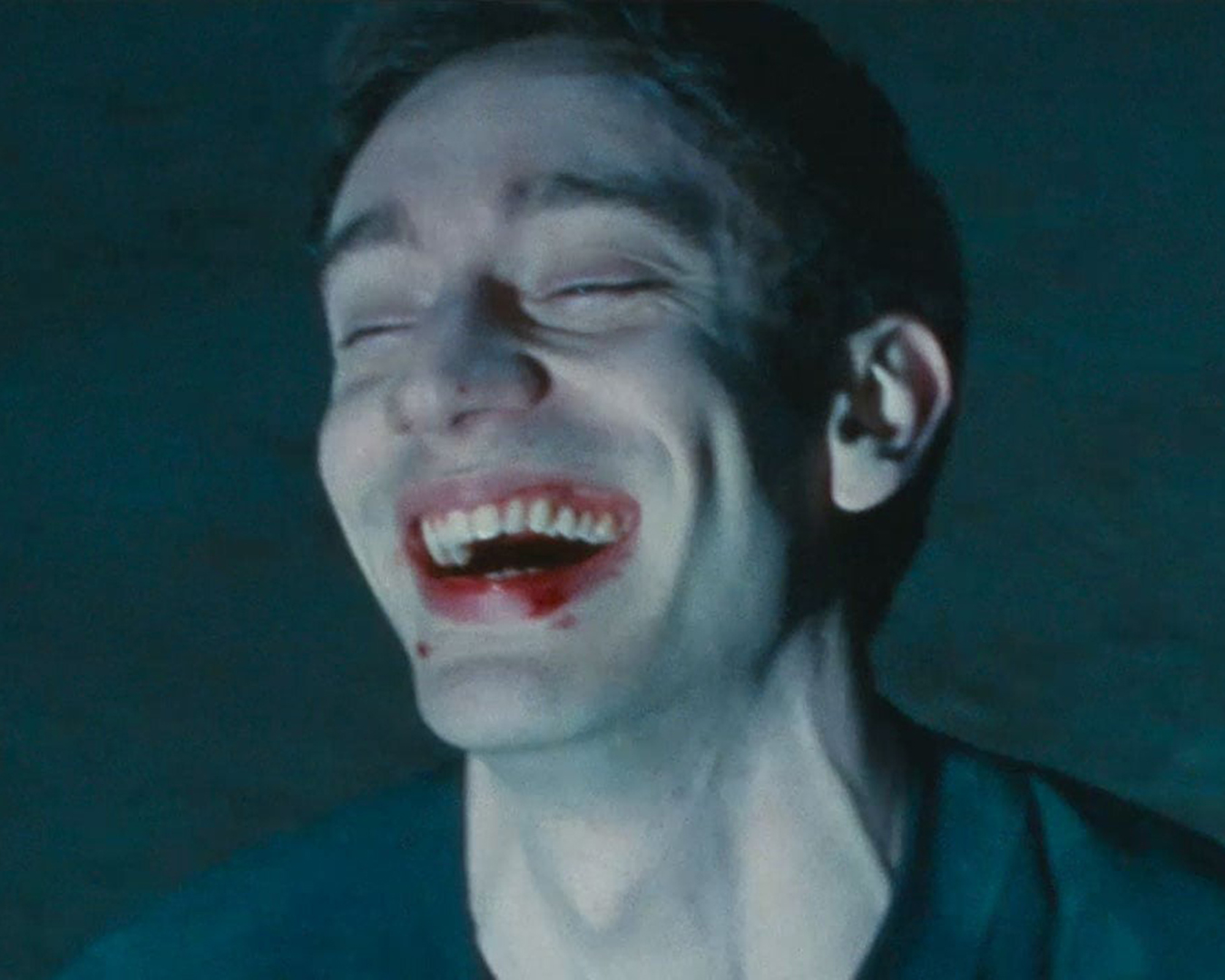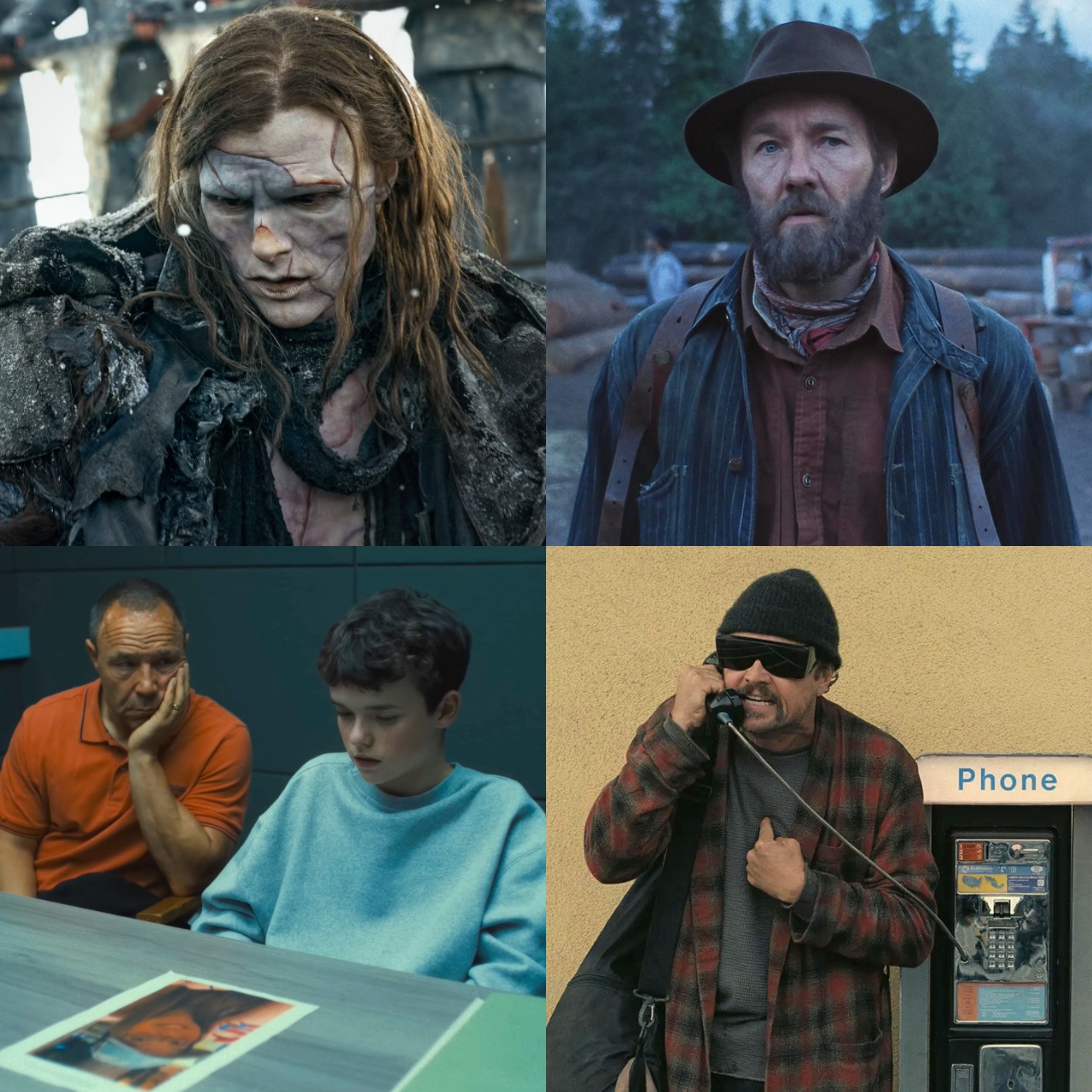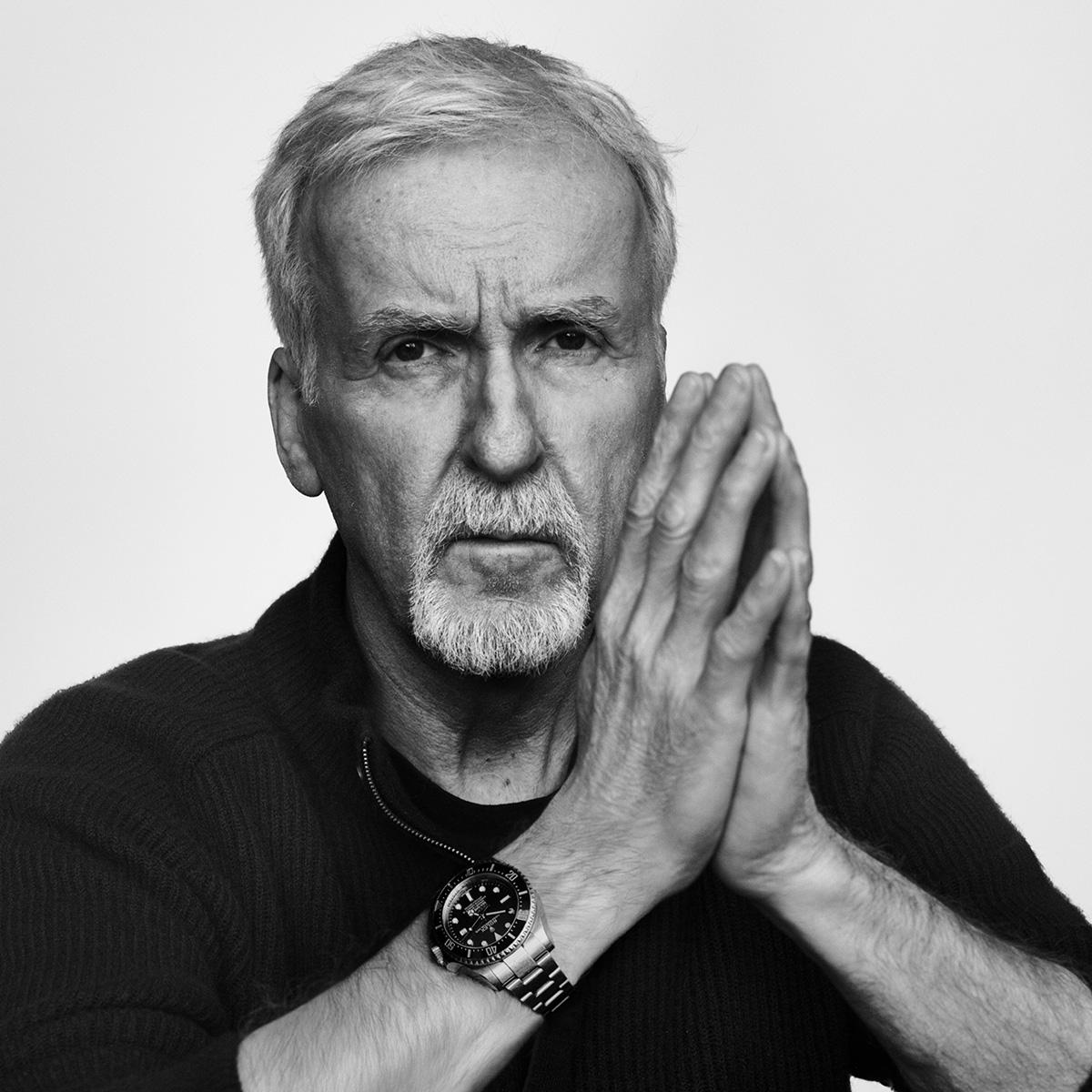Ari Aster on the “tightening snare” of ‘Eddington’
We speak with director Ari Aster about 'Eddington', a film about “a bunch of paranoid people’s beliefs, fears, worries and yearnings”
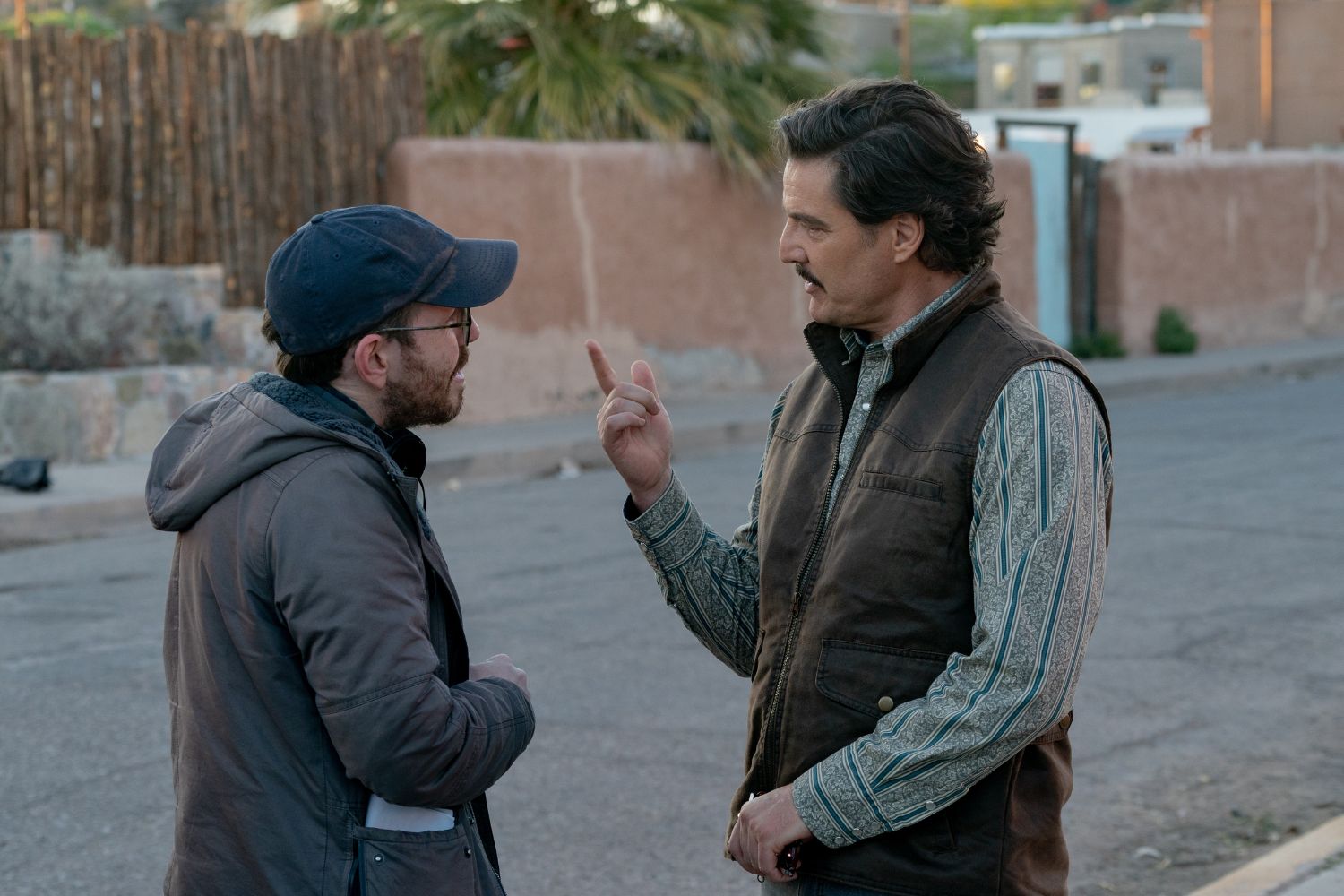
This article contains spoilers for Eddington.
ARI ASTER had me fooled. During the first half of Eddington, I surmised that the director was switching up on the style that launched his career with a film that initially presents itself as a deeply satirical black comedy disguised as a neo-western.
While provocative, the opening 80 minutes of Eddington don’t have much in common with Aster’s previous work. Until this point of supposed inflection, Aster has specialised in gut-churning, nightmare-inducing horror, with the kind of allegorical and literal shocks that sear themselves into your memory for weeks. Hereditary and Midsommar are perhaps best watched through your fingers, and while Beau Is Afraid is ostensibly a surrealist tragicomedy, it might be better described as a horror movie for the anxiety-ridden. “I like playing with tension and unease,” Aster says from New York City during a sit-down with Esquire.
Eddington, then, was a surprise. There are more laughs than scares in the opening stanzas, and the audience during my viewing giggled its way self-deprecatingly through the fun. This appearance, however, is a trap. A stark tonal shift at the beginning of the third act reveals an entirely different film, one that captures many of the throughlines present in Aster’s prior filmography.
“I see the first half of the film as a snare that’s tightening and tightening and tightening,” Aster says. “And then at a certain point, I let it go and all of a sudden all these things are activated and you move into that extended climactic section.”
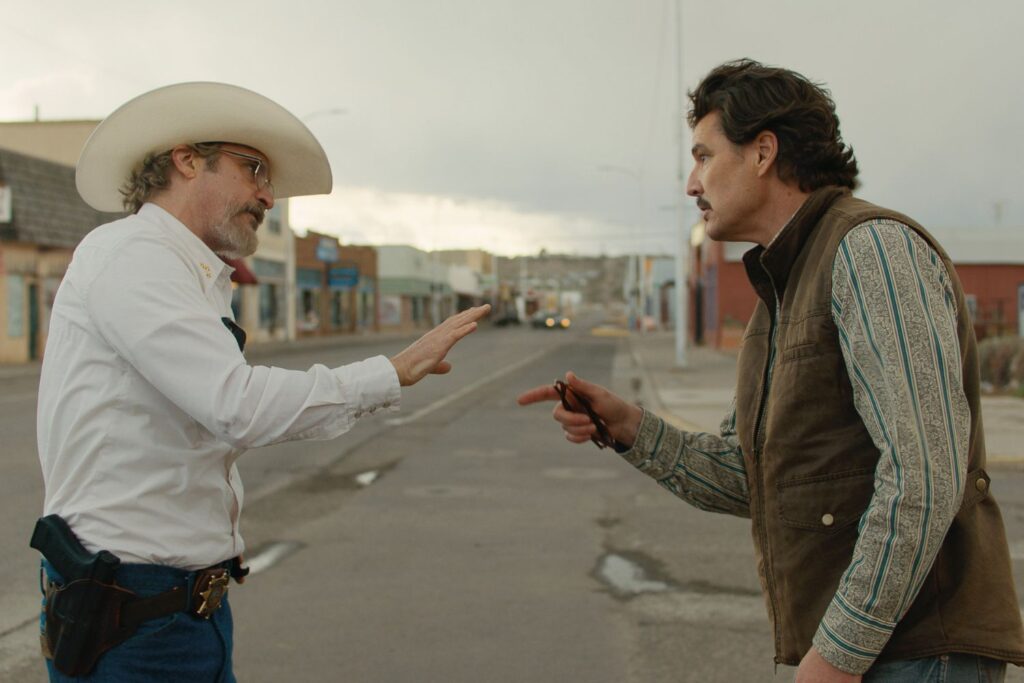
Eddington takes its name from the fictional town in which it is set, Eddington, New Mexico. The film takes place in May of 2020 and focuses on the rapture that was the COVID pandemic, including all the unrest it spewed from its swirling miasma: lockdowns, social polarisation, the Black Lives Matter protests, rampant online conspiracy theories. I could go on.
Aster spent the pandemic like the rest of us. “I was locked down like everybody else,” he says. “I’m a hypochondriac, so I was terrified of getting the virus. I was living on Twitter and on the news. I was just perpetually anxious and the dread in my stomach reached a peak at the end of May, 2020. Something was in the air that I hadn’t felt before, it was like things were about to boil over and explode.”
The New Mexico setting is also familiar to Aster. The 39-year-old grew up in the state’s capital of Santa Fe, and while the city is larger than Eddington, with a population of around 90,000, he still believes the fictional town is a close approximation of life in New Mexico. “It’s a blue state, but most of its smaller towns are very red, and it’s a very fraught place,” he says. “When I was growing up there, I was very aware of racial resentments that were so deeply ingrained that you just couldn’t escape them. And in some ways, New Mexico feels like an interesting microcosm of America.”
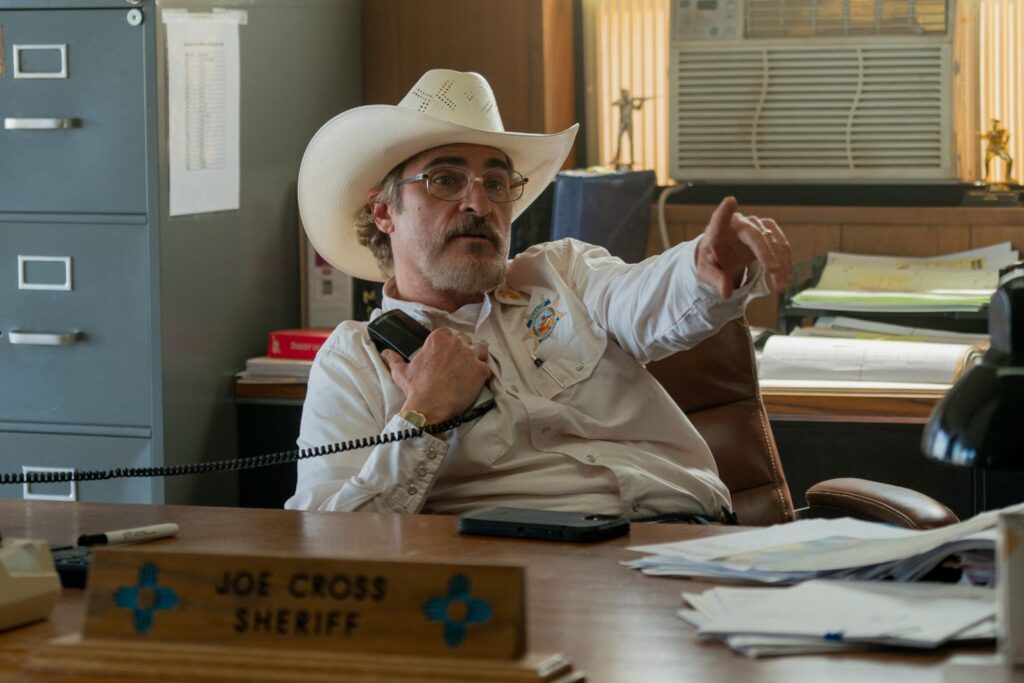
Eddington picks up right as the pandemic is beginning. Mayor Ted Garcia (Pedro Pascal) has just implemented a lockdown and a mask mandate. Local sheriff Joe Cross (Joaquin Phoenix) disapproves, insisting the new rules violate his freedom. The pair inevitably come to blows, but Garcia must take a pragmatic approach as he’s up for re-election and is pushing for the construction of an “online server farm” – a data centre, in plainspeak – to be approved.
Cross, a bruised ego with legs, lives with his wife Louise (Emma Stone) who suffers from depression and was abused as a child, and mother-in-law Dawn (Deirdre O’Connell), a conspiracy theorist quick to believe everything she sees on social media. Dawn has taken to spouting her views to anyone who will listen, including her daughter, who soon takes a liking to radical cult leader Vernon Jefferson Peak (Austin Butler).
Meanwhile, Garcia’s teenage son Eric (Matt Gomez Hidaka) is quick to flout his dad’s mandates. He sparks a relationship with social justice warrior Sarah (Amélie Hoeferle), who is at a crossroads between her devotion to her cause, the Black Lives Matter movement, and her white guilt, having dumped her African-American boyfriend Michael (Micheal Ward) because he became a cop.
With all this bubbling under the surface, Eddington seems primed to blow. And it does. Cross’ outrage ultimately leads to him running against Garcia in the mayoral election, and it all goes wrong from there. The collective anger, frustration and fear in Aster’s microcosm eventually festers into outright chaos at the half-way tonal shift, with the second half following a rapid descent into violence.
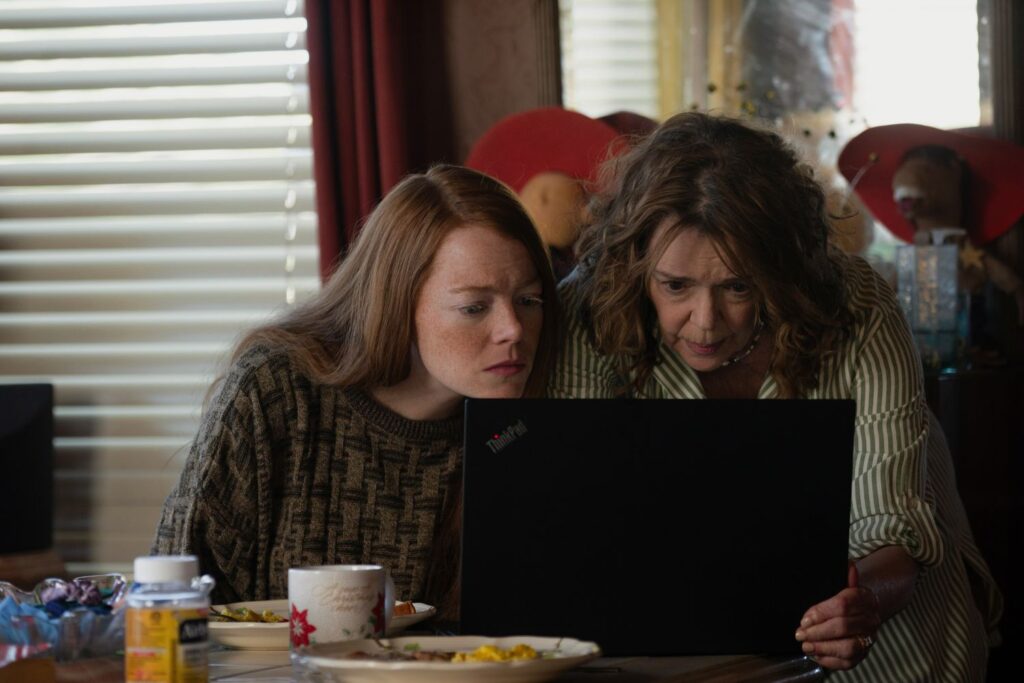
Eddington has been polarising. Some critics have argued the film is too heavy-handed in its reproachment of social activists and too lenient towards their opponents. On her popular Substack, Alise Chaffins derides Eddington’s “mean-spirited cynicism”. Vulture’s Alison Willmore called it “bracingly nasty and unsure of what it’s trying to say”.
Aster thinks these are unfair criticisms, arguing that while the film does poke fun at all sides of the political spectrum, it isn’t as hard on some as it is on others. “I don’t necessarily think that I’m letting everybody have it in the same way,” he says. “I’ve definitely heard the argument that the film is as hard on the left as it is on the right, but if you really consider the consequences of what each side is doing in the film, that argument doesn’t really hold a lot of water. You have one side who, at worst, is frustrating and ineffectual. And the other side is, you know, killing people.”
One of the underlying themes of Eddington is the reality of mass data collection. Despite the hyper-online status of the film’s characters, the idea of their data being collected only subtly bubbles under the surface and ultimately gets lost in the chaos of the final 60 minutes. You almost forget that the construction of a data centre was the town’s original hotbed issue until the final sequence.
“If you asked me what this movie was about in one sentence, I would say it’s about a hyperscale data centre being built just outside of a small town,” says Aster. “If you’re looking at things of consequence, that is the only major thing of consequence happening in this film. This town, these stories and all of these characters, by the end of the movie, you could see them all as training data. But then again, the movie itself is training data, and this conversation right now, it’s training data.”

Five years on from May 2020, we’ve reached some critical distance from the issues that sprawled across chyrons for what seemed like month sat the time. The COVID pandemic was a paradigm shift, but judging by the lack of ‘five years ago today’ retrospectives in recent months, it seems like everyone is ready to move past it. Eddington brings those problems back into focus, reminding us that they never really went away. Even in a small town in New Mexico, the worst parts of the internet can quickly become reality.
Eddington is in Australian cinemas from August 21.
Related:
The most anticipated films of 2025
How twin Australian directors transformed grief into horror in ‘Bring Her Back’












